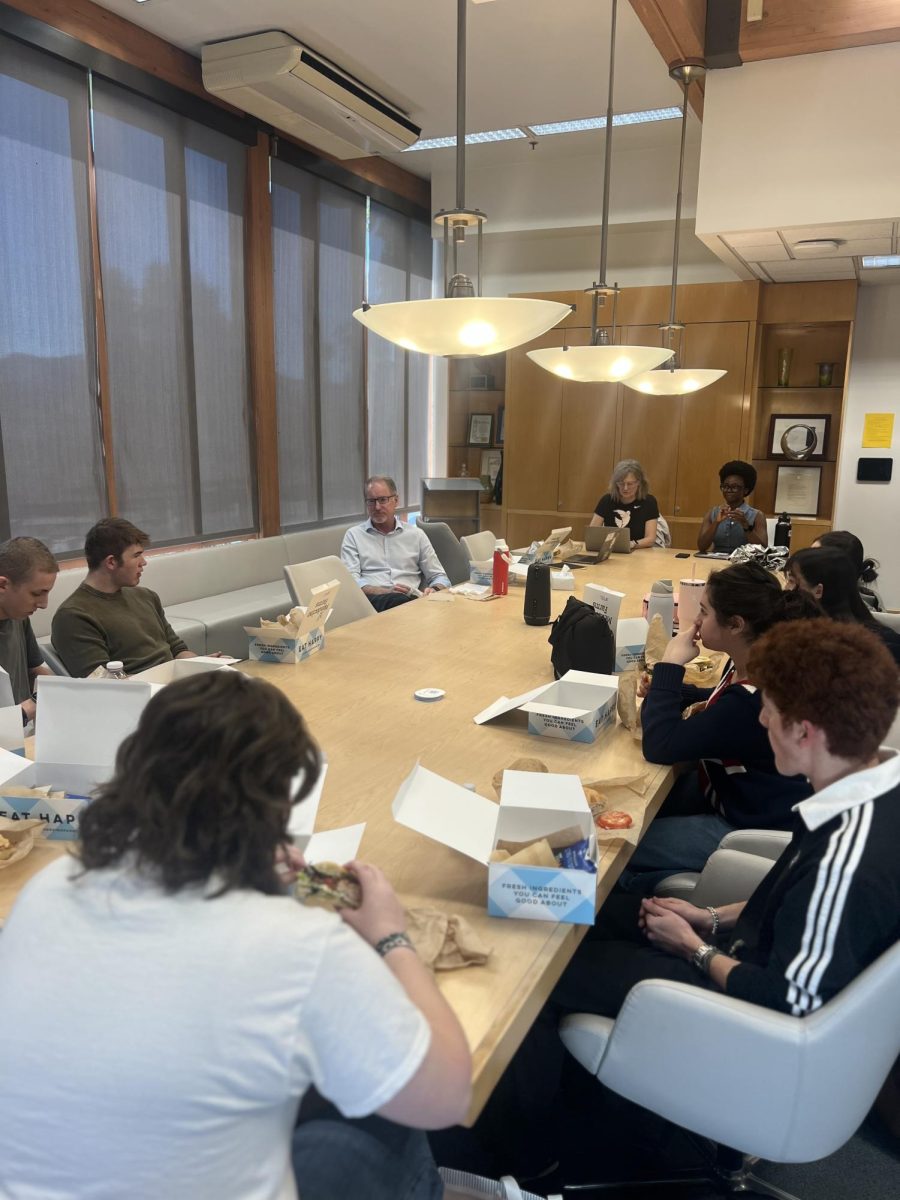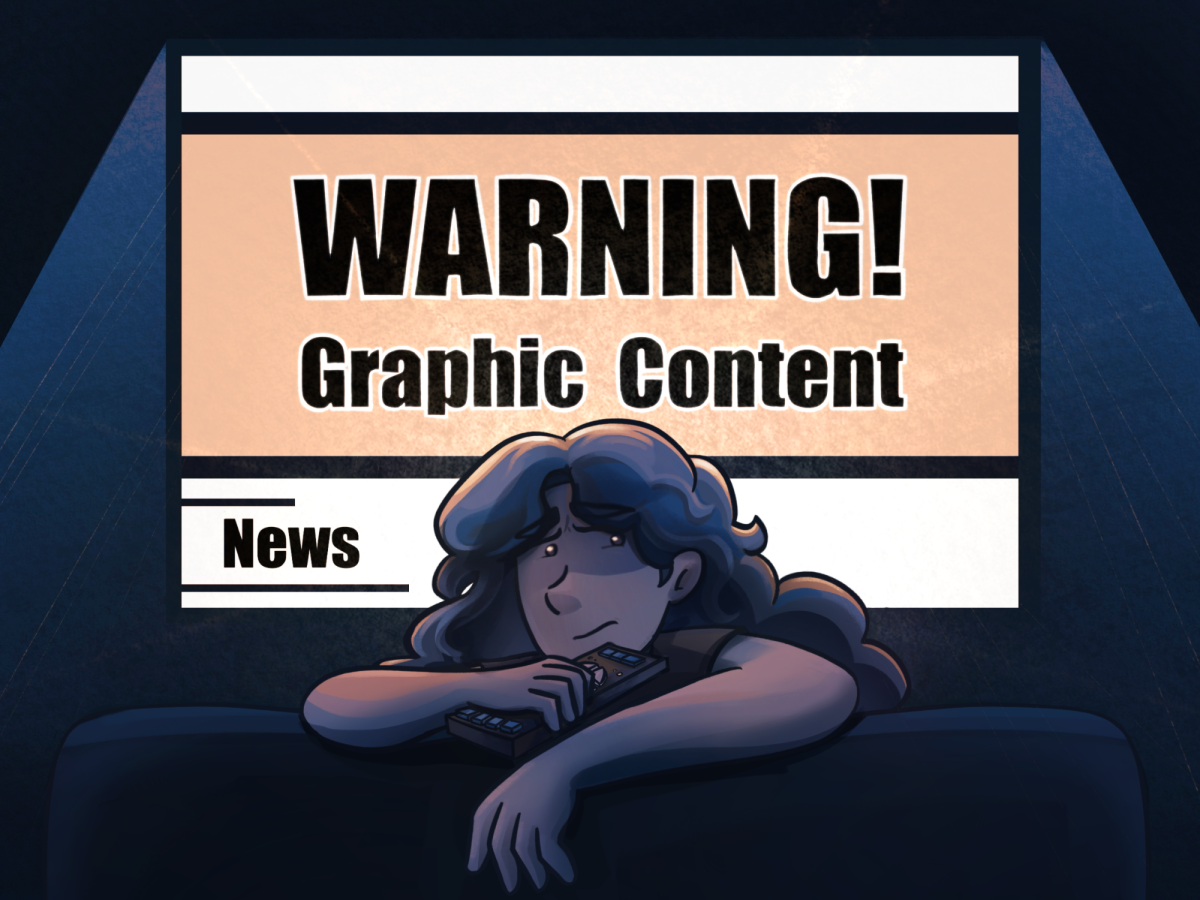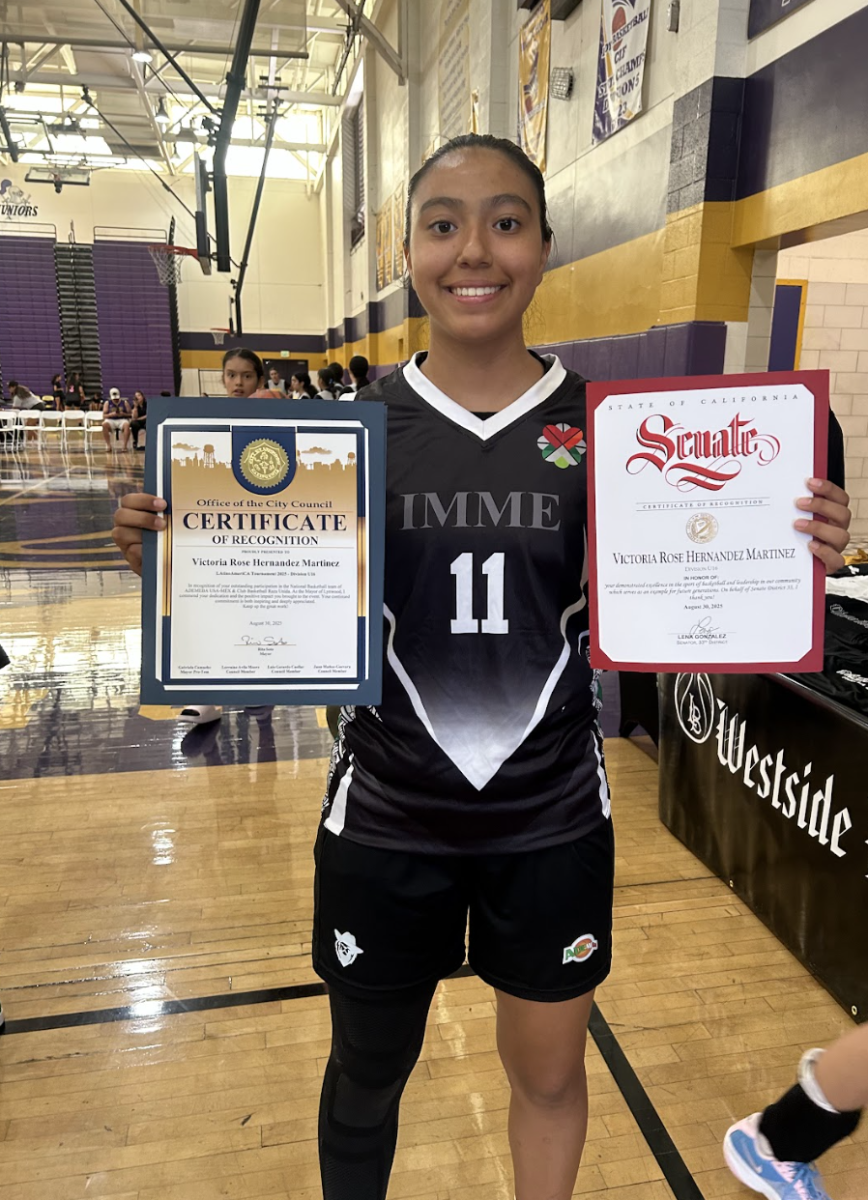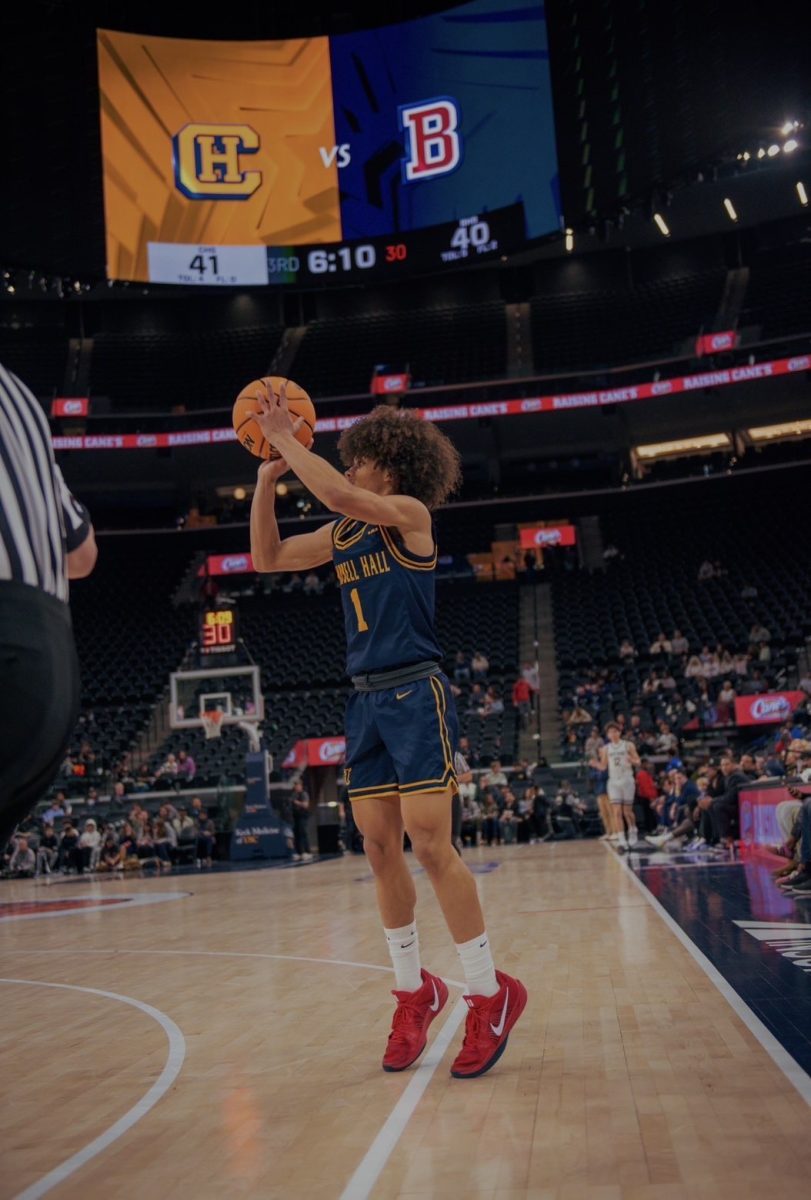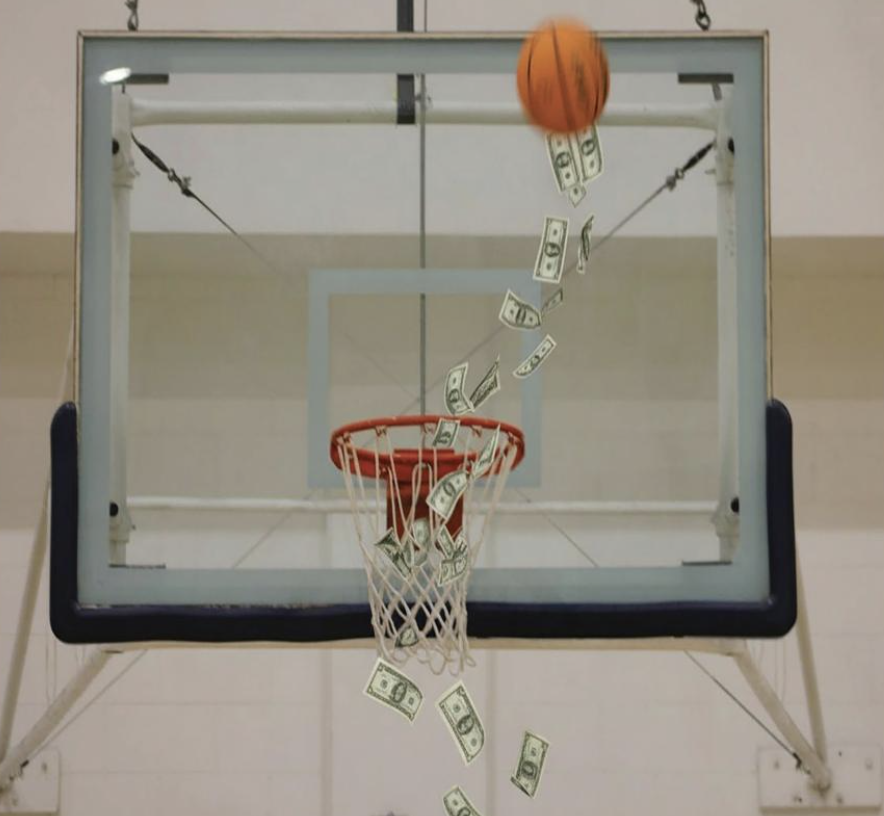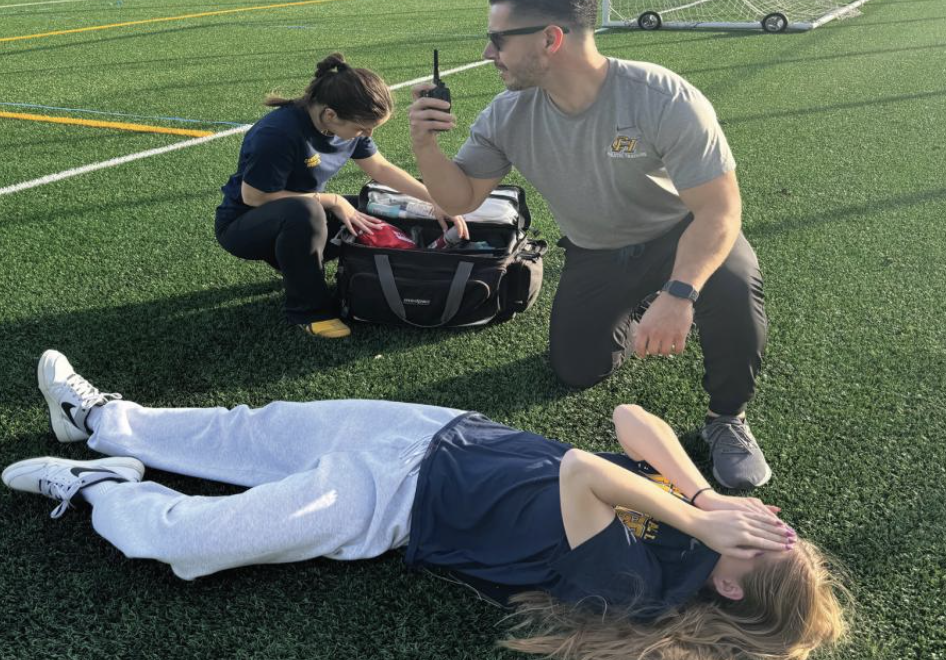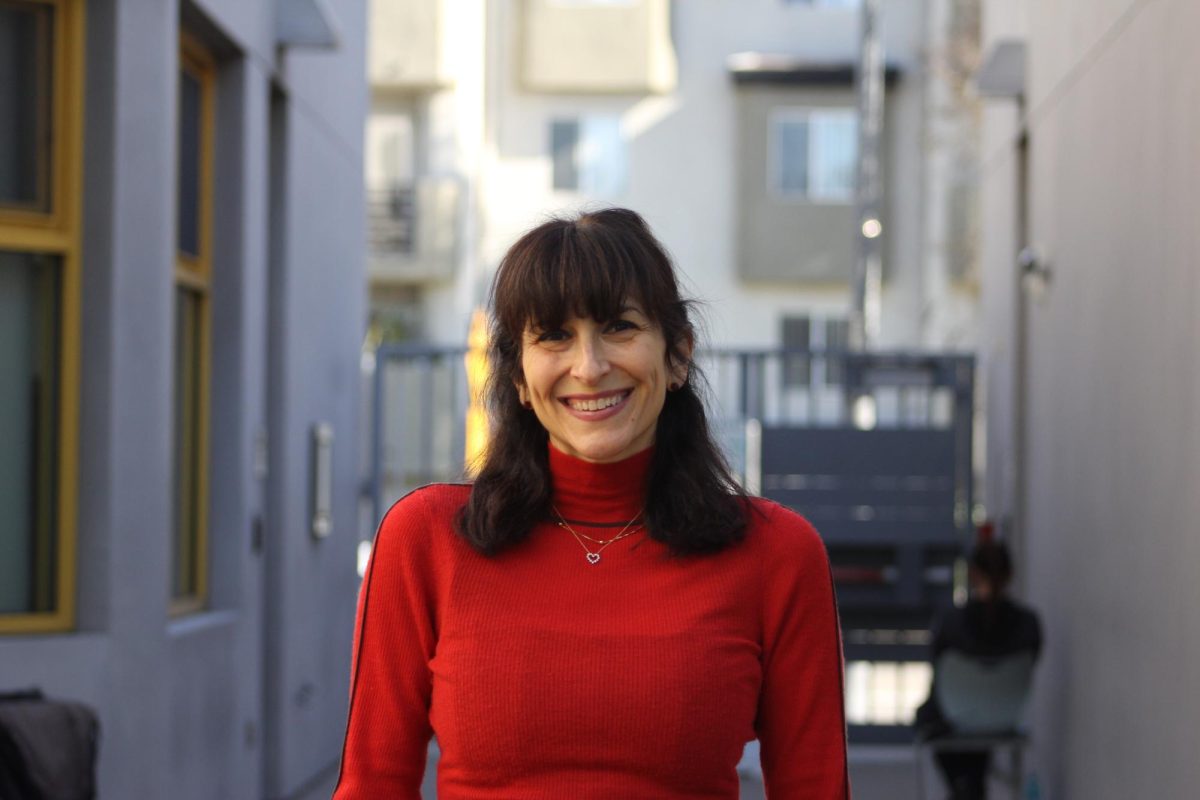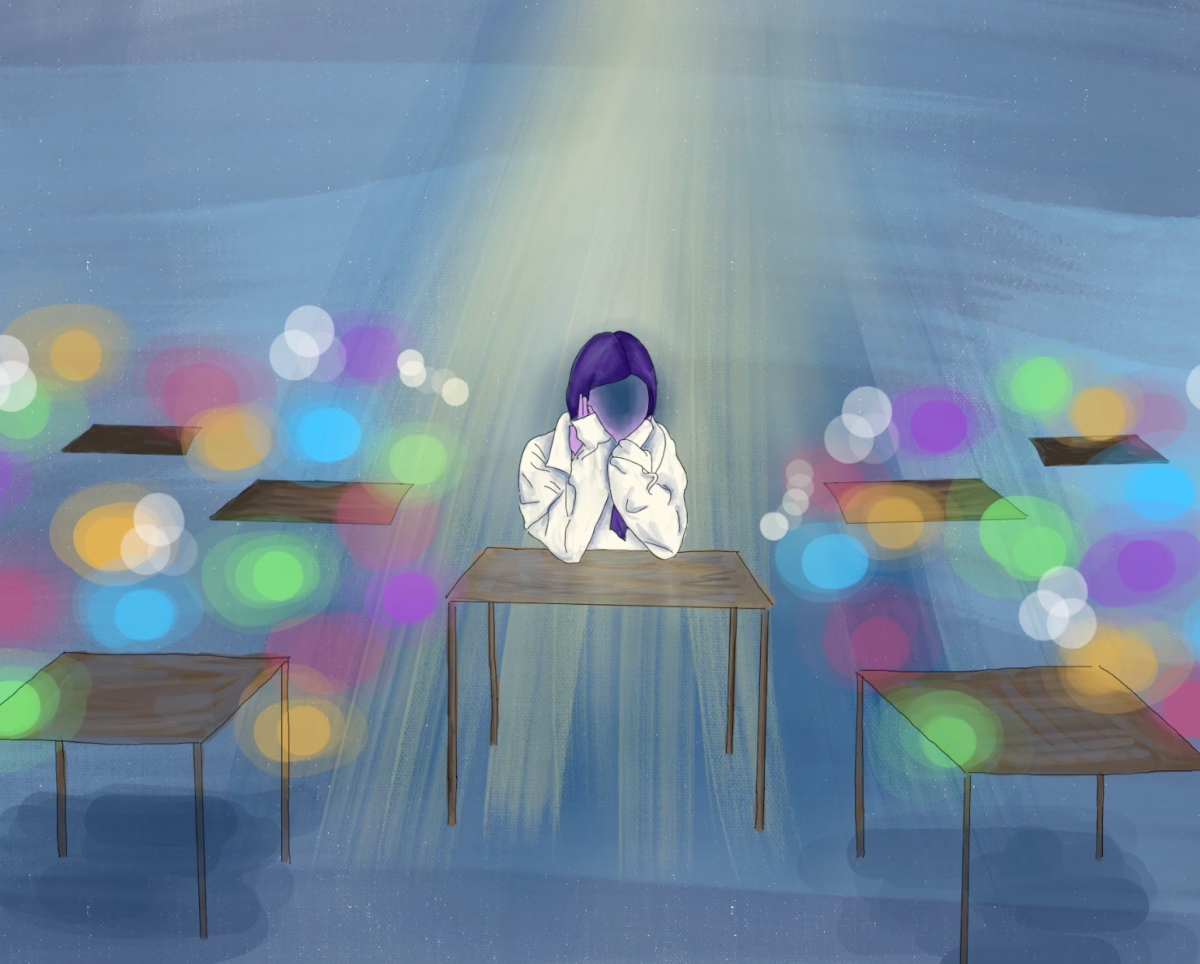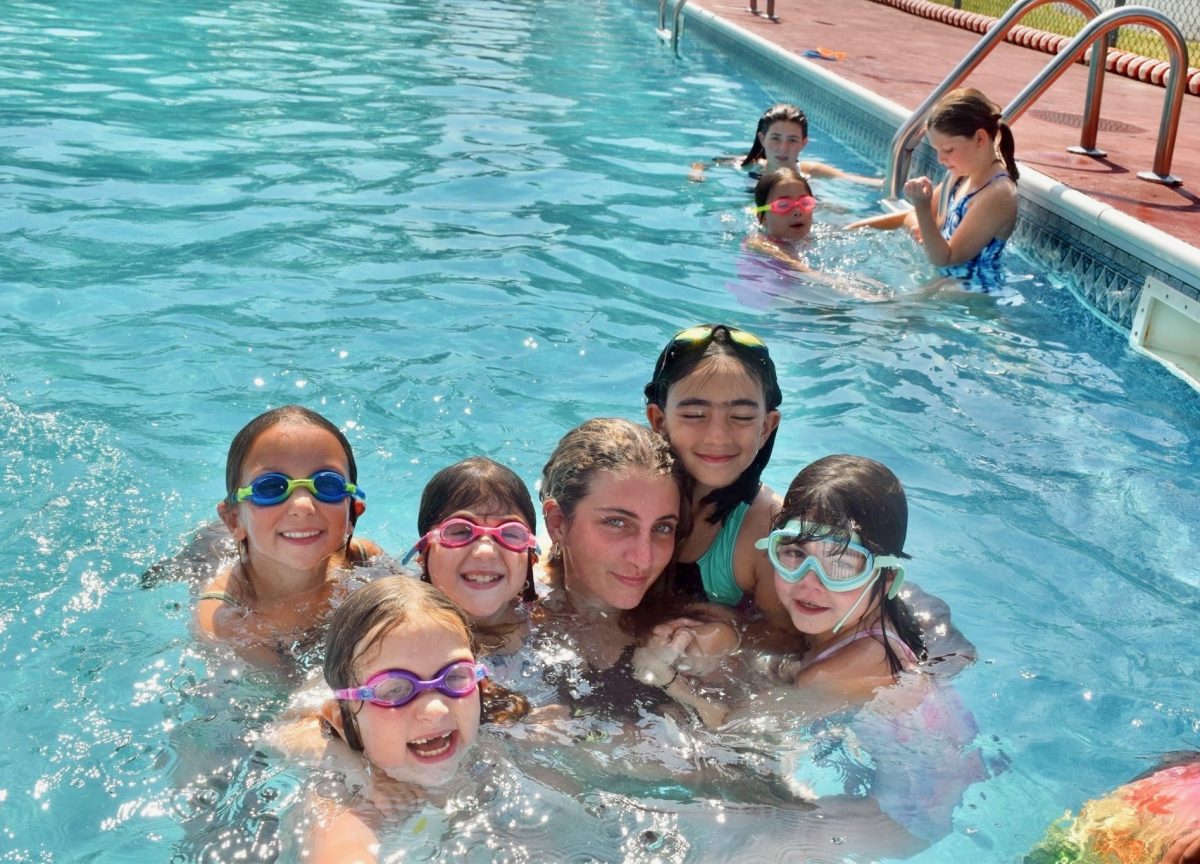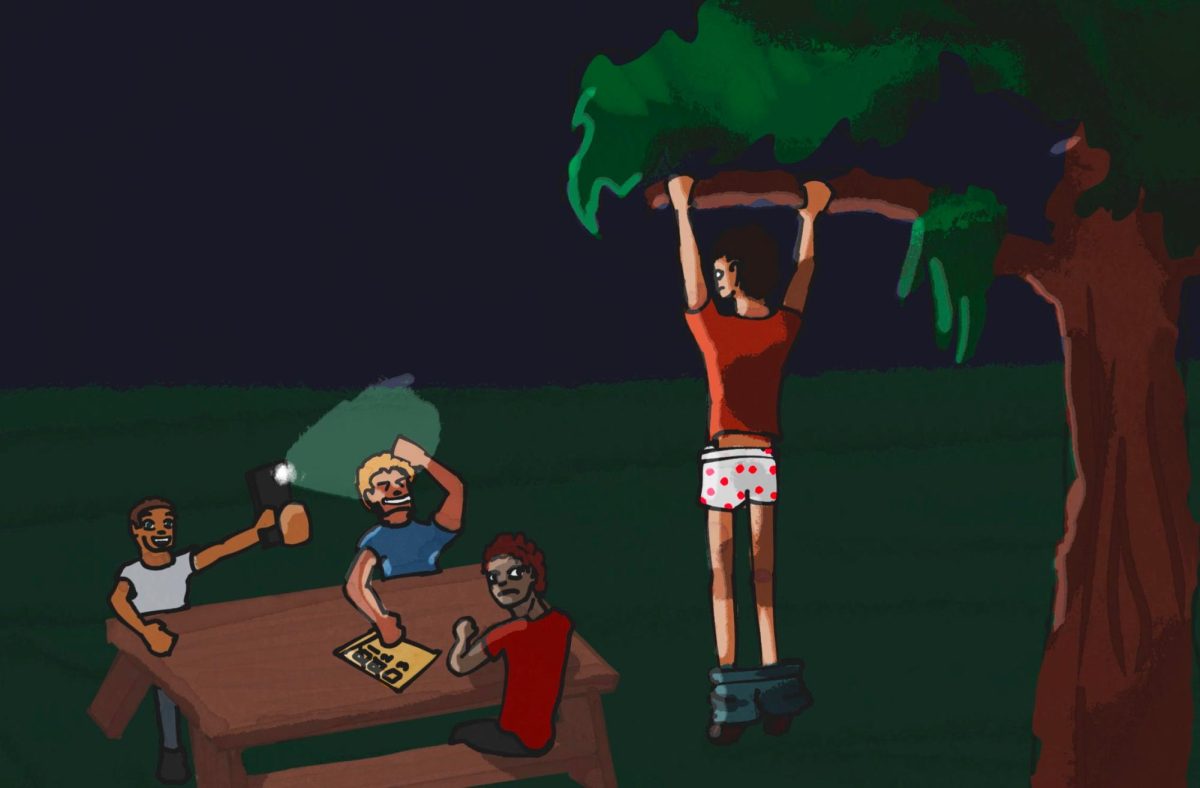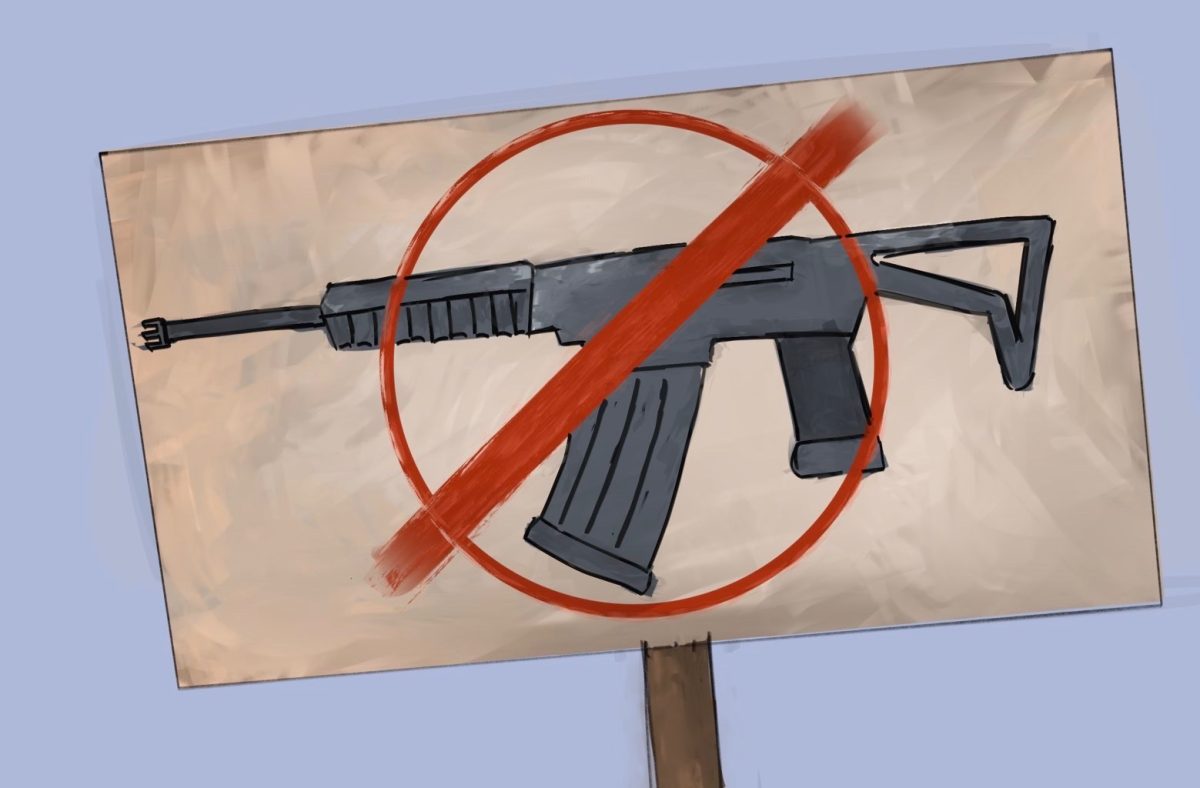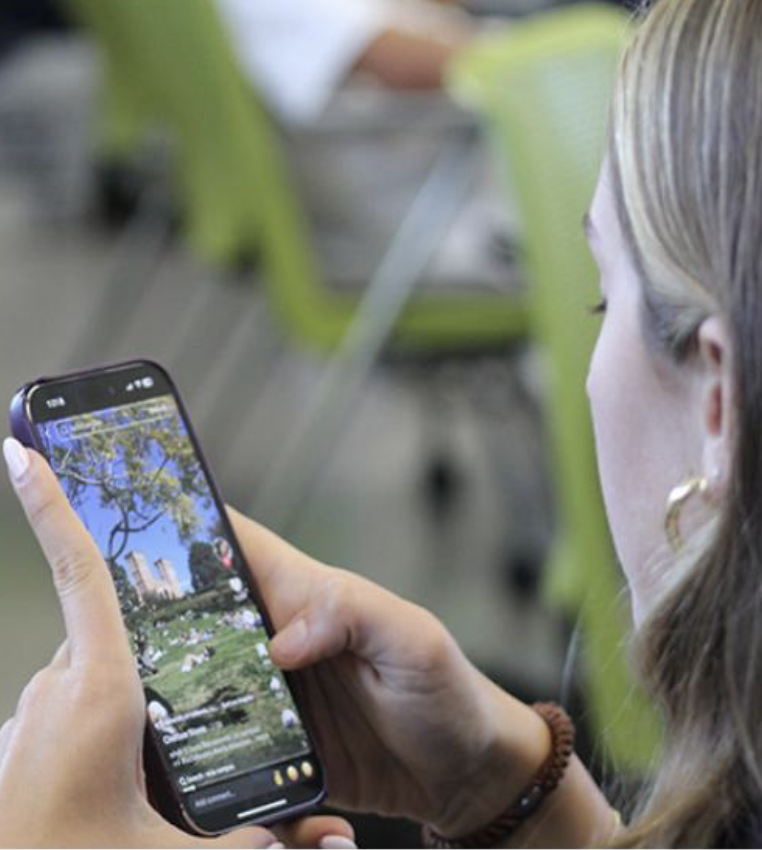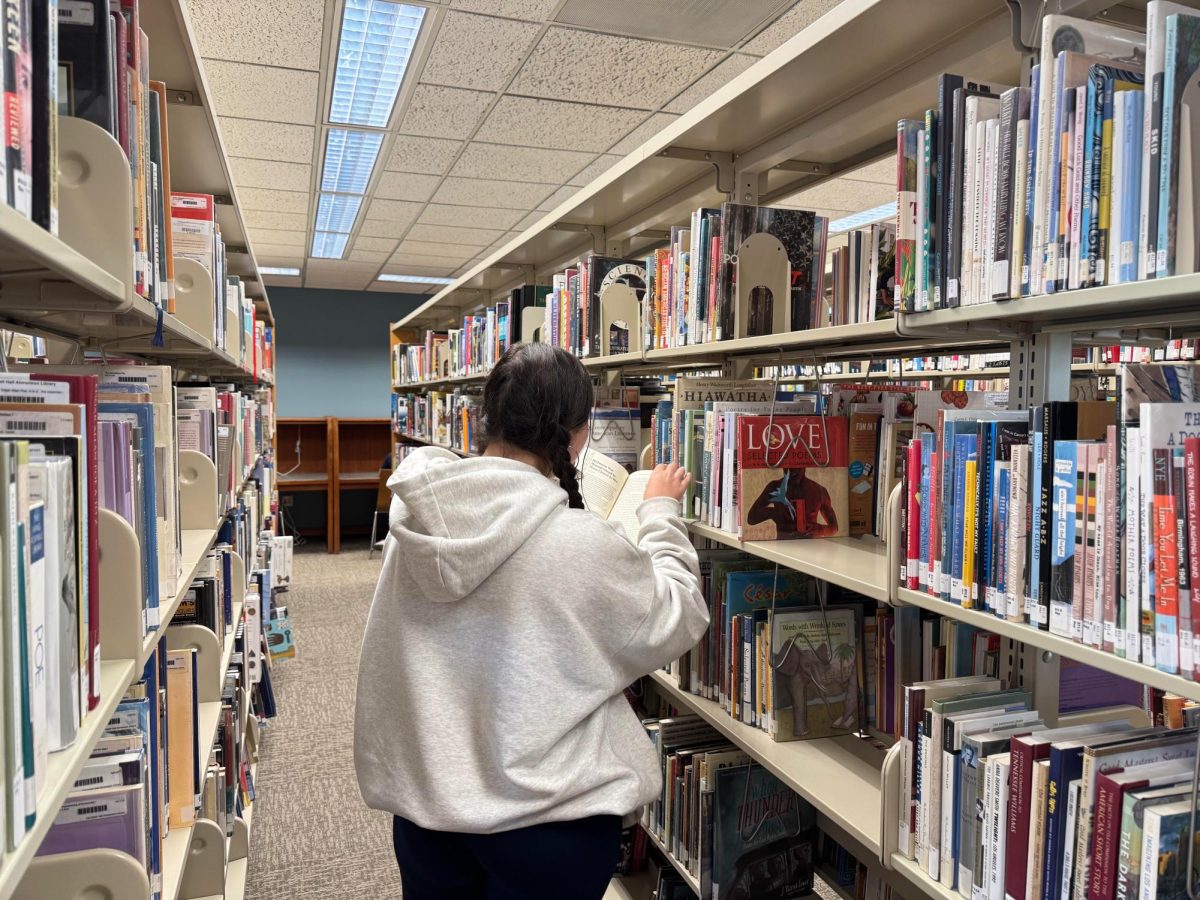Leila R. ‘28 goes home and just wants to relax. After unlocking her phone, she begins to scroll through social media and rewind; but she does not keep track of time. Endlessly swiping her screen, her parents tell her to eat dinner and she realizes she has spent hours doing nothing. She avoids her responsibilities with procrastination and distractions.
Junior year has been stressful for Catherine Walter ‘26. Her after-school routine includes driving home, going on her phone and putting off her homework until later in the night. She knows she procrastinates but has tried putting her phone away and working in a quiet room; her efforts have still not been able to fix the issue. Walter notices that outside distractions repeatedly fuel her procrastination and prevent her from doing work.
“Everyone tells me it is bad to procrastinate, and I know, but it’s hard to always feel motivated [to start homework],” Catherine said. “When I get home, my first instinct is to go on my phone and relax and not think about school. That happens daily and [procrastination] feels like a cycle. I tell myself I will start [homework] early but I always get distracted.
Although distractions lead her to choosing procrastination, Catherine does not like how it makes her feel. A benefit of procrastination is that she finds time to let her paint and do the activities she wants. However, procrastination is a never-ending cycle of not wanting to do her homework, but eventually turning in a late assignment. The cycle makes her feel frustrated; she feels the worst when she realizes putting off her schoolwork does not make it go away. After feeling the dopamine that comes with distractions and other activities, she is less motivated to start schoolwork.
“I would rather be doing something fun, and I just have a hard time starting school work sometimes because it’s [too difficult],” Catherine said. “[Procrastination] makes me behind on my work and I can’t help it [because] there will always be [distractions].”
Mia L. ‘27 shares the same frustration as Walter. Mia notices that procrastination drastically increases her workload, creating more stress. With dance, soccer and multiple honors classes, Mia knows that she must work hard to avoid procrastination. She believes that delaying work affects [high school] students more than middle school, as students’ schedules get busier in high school. Scorpio feels that her procrastination creates stress, but feels that she can overcome it by setting boundaries and limiting similar distractions to Catherine, like devices.
“[Procrastination] definitely has a strain on mental health because stress can build up [from it],” Mia said. “It’s something you can fix which is difficult, but you just have to set those boundaries for yourself. Limit your distractions, your phone, games or your computer. Try to set timers or goals for yourself to make sure that you get that [homework] done.”
According to Wanda Thibodeaux’s Nov, 2017 Inc.com article, there are three main types of procrastinators. Thibodeaux stated there is the avoider, the optimist and the pleasure seeker. The avoider puts things off because the tasks seem daunting and feels a negative emotion: anxiety, boredom or overwhelmedness. The overconfident optimist tricks themselves into believing the task will require little time, so they push it to the side. Lastly, the pleasure seeker will choose to start the task when they feel they will enjoy or have the motivation to. This procrastinator chooses something to do they are more enthusiastic about.
Leila notices that the world we live in today can fuel these three procrastinator types due to its eye-catching materialistic distractions like devices, leading people into the pleasure seeker category. Her procrastination is fueled by these distractions and acknowledges these different types of procrastinators.
“With the current world, so many exciting, flashy things are catered to young people with phones. cool stuff at stores and your family,” Leila said. “There is always a new movie and there are so many things to do where you want to do it all, [and] schoolwork sometimes isn’t a priority in our heads. I think that’s harmful and our attention spans are slowly dwindling.”
As a current freshman, Leila noticed a drastic change from being in middle school and high school. She believes high school grades are taken more seriously, which forces her to work harder to stop procrastinating. Her after-school activities, such as school and club volleyball, spending time with family, and doing homework, give her less time to procrastinate. Leila feels that she had more freedom to procrastinate in middle school and the transition to high school poses higher consequences for procrastinating, discouraging it further.
“In middle school, it was more of ‘I don’t want to do this,’ and just being really reckless, ” Leila said. “But in high school, it feels like I’m overwhelmed [with my busy schedule] and it completely affects my mind. If you procrastinate then it’s all on you; it’s your fault and it always has been, but now [in high school], especially, it’s tough.”



